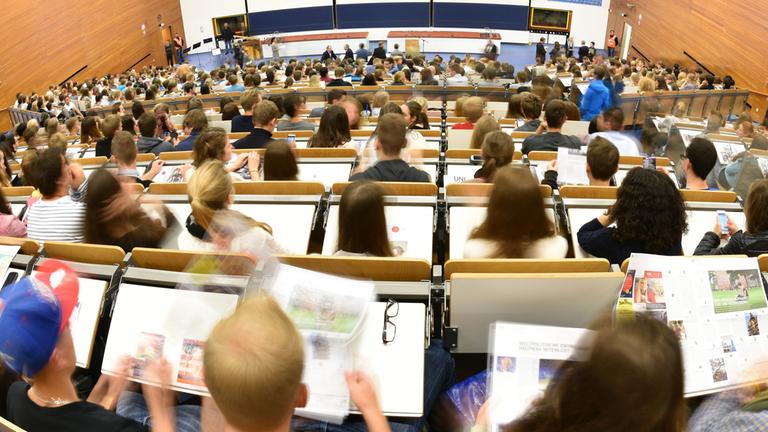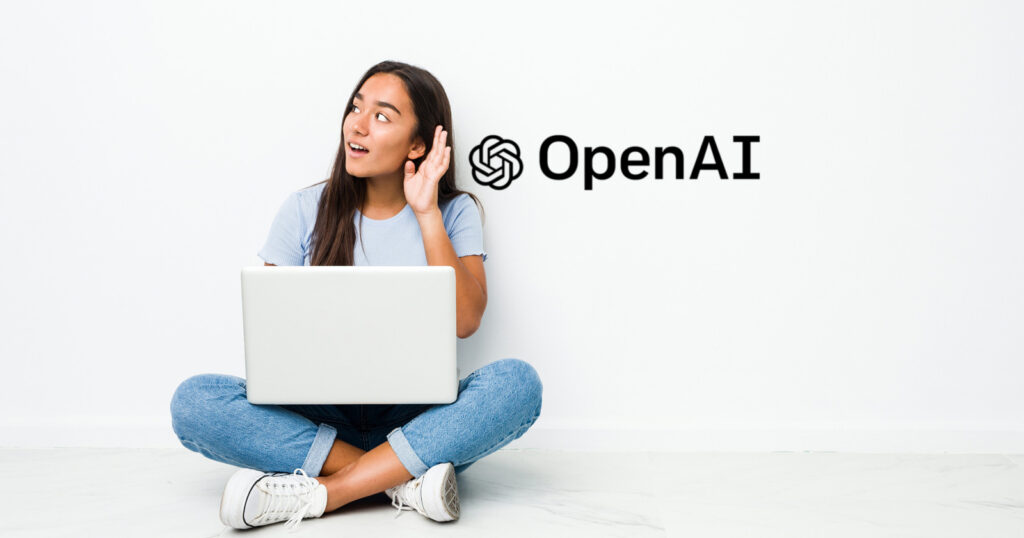What Schools and Universities say about ChatGPT

ChatGPT can write texts and articles – and it becomes a topic of discussion among teachers. Because it is not yet possible to assess the effects of chatbots in schools and universities. Is ChatGPT a threat to teaching and learning in Germany? There was a discussion about it on social media for days. Some observers have come to the conclusion that artificial intelligence (AI), which can generate articles and essays on all sorts of topics, may ensure that students in universities and young people in schools, in the future, rely on ChatGPT instead of doing your own work. .
If you ask a chatbot to explain the problems ChatGPT poses for schools and universities, it responds – quite “self-critically”:
This is what educators and university associations say about ChatGPT
Teachers’ associations and universities are closely following the current debate. However, until now it has been difficult to assess “the changes this will bring to the culture of teaching, learning and examinations in German schools and universities”, explains Matthias Jarosch, spokesman for the Association of German Universities.
“A fully justified concern is that it may become increasingly difficult to recognize claims of independent cognitive achievement in, for example, homework,” says Jarrock. The reason is that better and better AI tools could soon create complex texts that would not be recognized as plagiarism in fact or in law.
However, Heinz Peter Meddinger, President of the German Teachers’ Union, explains: “As a teachers’ association, the ChatGPT is of no concern to us.” Students always had the opportunity to get outside help from the Internet with assignments, translations, essays or homework.
The Limits of Artificial Intelligence
For many teachers, good homework can still be distinguished from a ChatGPT score: because bot responses are often superficial and uncomplex. At the same time, it is noticeable when the texts of schoolchildren and students are very similar because they feed the robot in a similar way or even with the same questions.
“Professors say it’s usually pretty quick to tell if someone has independently solved the assignments, can provide the exact sources for their research, or is saying something that isn’t being understood,” says Medinger.
The extent to which the student understands the facts themselves will continue to be crucial for educational processes, for transferring skills and acquiring knowledge. ChatGPT does not replace this process, but it can help to do so.
Artificial Intelligence as an opportunity in the classroom
So far, ChatGPT “only” uses data up to 2021 and is still in a kind of free trial phase. But artificial intelligence is constantly evolving. “It’s hard to look into the future because there’s no end in sight to evolution,” says a recent article by Doris Weissels, Margarete Mondorf, and Nicholas Wilder for the University Forum on Digitalization.
But one thing is clear: beyond concerns, ChatGPT also offers opportunities – both as a research tool and as a research object. That way, students can be taught to “practice and learn systematic source criticism,” says Medinger.
The problem with ChatGPT is that the system often mixes fake news and false statements with most reliable facts.
The Education System faces Challenges
Looking at the education system, experts are wondering how tools like ChatGPT can best be integrated into teaching and teaching – and what skills students, as well as teachers, need to do this.
It should be noted here, for example, the ability to work scientifically, knowledge of text patterns, etc., but above all analytical and critical thinking in order to evaluate automated products and control their use.
There is also the question of how to evaluate the performance generated with the aid of artificial intelligence. Responsible institutions will have to consider the answers to all these aspects.
But will an education system that is far behind in terms of digitization be able to quickly find a response when dealing with artificial intelligence in schools and universities?

